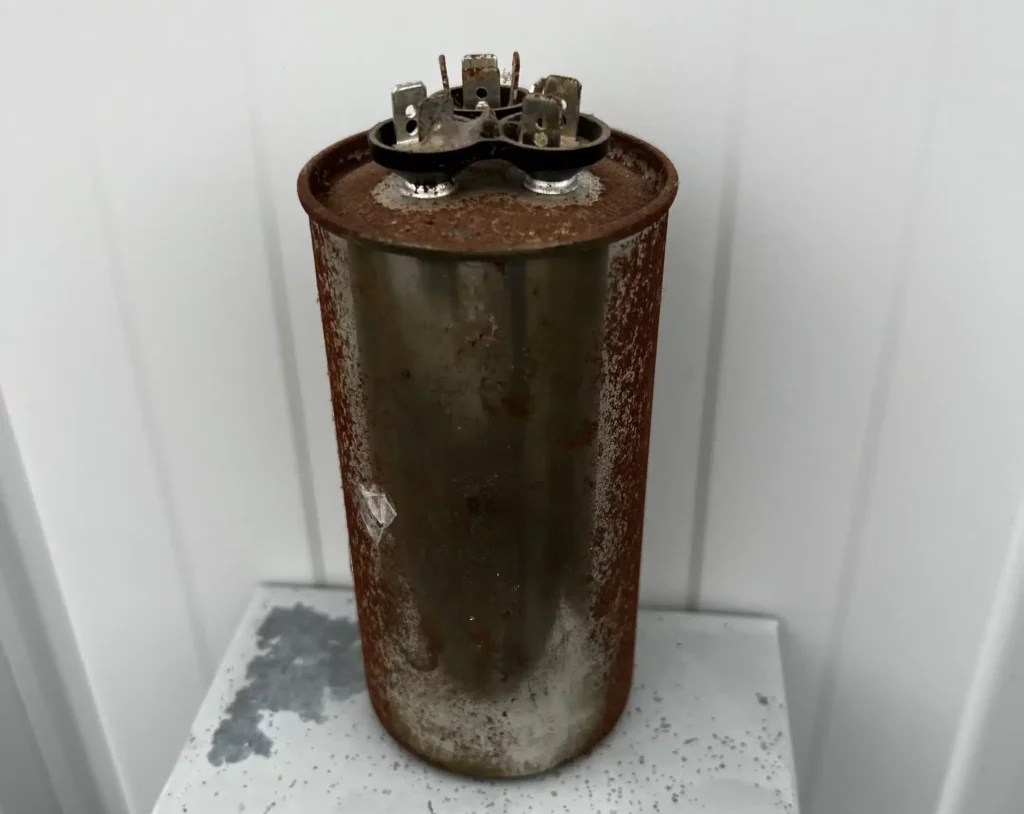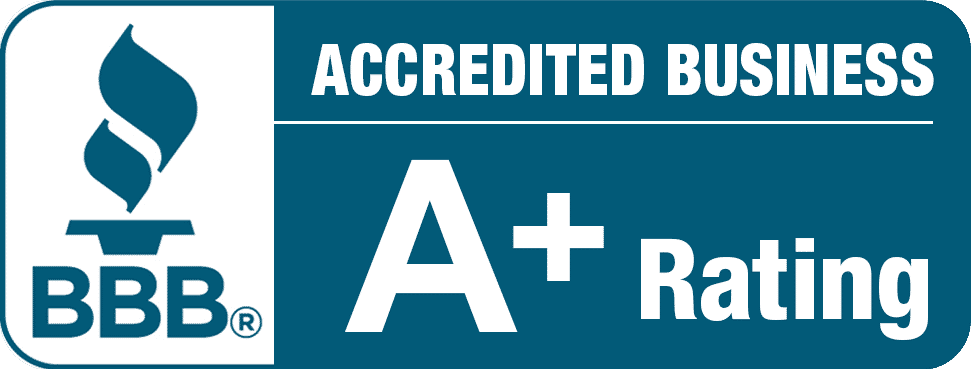Ever wondered what makes your AC work? Let’s break it down with a closer look at capacitors – a small part that keeps everything running. We’ll discuss lifespan, signs of issues, replacement costs, and more!
1. What does an Air Conditioner capacitor do?
An air conditioner capacitor is like a battery that stores and releases electrical energy to help start and keep your air conditioner’s motors running smoothly. It gives a powerful jolt of energy to start the motor (like a kickstart) and then provides a steady flow of power to keep it running efficiently. Think of it as a helpful assistant that ensures your air conditioner starts up quickly and runs steadily, providing you with cool air on hot days.
2. How long should a capacitor on an AC unit last?
The lifespan of a capacitor in an AC unit typically ranges between 10 to 20 years, but this can vary based on usage, maintenance, and the overall quality of the unit. Just like batteries in your gadgets, capacitors wear out over time and might need replacement sooner if your AC is used heavily or if it operates in harsh conditions. To ensure your AC continues to work efficiently, it’s a good idea to have it checked by a professional regularly, who can spot if the capacitor or any other part needs attention or replacement.
3. What causes a capacitor to fail in an air conditioner?

4. How often should AC capacitor be replaced?
5. What is the average cost to replace an AC capacitor?
6. What are a couple signs that a capacitor is bad or has failed?
7. Can you tell if AC capacitor is going bad?
8. Can I replace AC capacitor myself?
9. Will a compressor start with a bad run capacitor?
10. What happens when the capacitor goes bad on the AC unit?
11. Can an AC unit run without a capacitor?
12. Can a bad AC capacitor cause high electric bill?
This often-overlooked component is key to keeping your home cool. From starting your AC’s motors to ensuring a steady power flow for efficiency, capacitors play a vital role in the cooling process.



